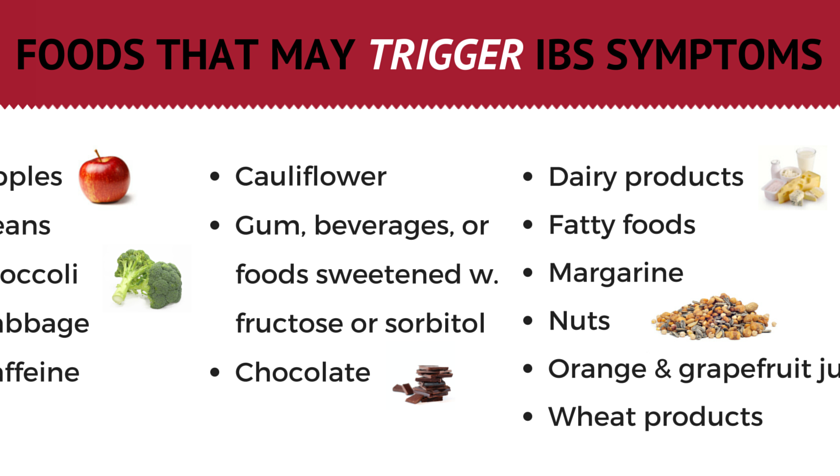Diabetes and obesity are two of the most pressing public health challenges facing young adults today. According to the Indian Council of Medical Research (ICMR), the estimated prevalence of diabetes in India is 10.1 crores, with abdominal obesity affecting 35 crores. These staggering numbers highlight the urgent need to address the root causes of this growing epidemic and develop effective prevention strategies.
Dr. Himika Chawla, a renowned endocrinologist and metabolism specialist at AIIMS, attributes the rise in diabetes and obesity among young adults to a number of factors, including:
- Sedentary lifestyles: The shift towards sedentary occupations, coupled with the extensive use of technology, has led to a decrease in physical activity among young adults.
- Unhealthy diets: The consumption of processed foods, sugary beverages, and high-calorie snacks has also contributed to weight gain and an increased risk of diabetes.
- Chronic stress: Prolonged stress can lead to metabolic dysfunction and insulin resistance, ultimately increasing the risk of diabetes.
Dr. Chawla emphasizes the importance of a holistic approach to diabetes prevention, which encompasses:
- Dietary modifications: Practicing portion control and consuming a balanced diet rich in fruits, vegetables, and whole grains can help regulate blood sugar levels and maintain a healthy weight.
- Regular physical activity: Aiming for at least 30 minutes of moderate-intensity exercise most days of the week can improve insulin sensitivity and reduce the risk of diabetes.
- Effective stress management: Identifying and addressing the root causes of stress through healthy coping mechanisms can help mitigate the risk of diabetes and improve overall well-being.
In addition to the above, healthcare professionals can play a vital role in diabetes prevention by:
- Educating young adults about the risk factors for diabetes and the importance of lifestyle modifications.
- Screening young adults for diabetes and prediabetes.
- Providing early intervention and support to young adults with prediabetes to prevent the progression to diabetes.
- Collaborating with other healthcare providers and community organizations to develop and implement comprehensive diabetes prevention programs.
By taking a proactive approach to diabetes prevention, we can help young adults live healthier, more fulfilling lives.
Here are some additional professional perspectives on diabetes and obesity prevention among young adults:
- The World Health Organization (WHO) recommends that young adults consume at least five servings of fruits and vegetables per day.
- The American Heart Association (AHA) recommends that young adults limit their added sugar intake to no more than six teaspoons per day for women and nine teaspoons per day for men.
- The Centers for Disease Control and Prevention (CDC) recommends that young adults engage in at least 60 minutes of moderate-intensity physical activity or 30 minutes of vigorous-intensity physical activity most days of the week.
- The American Diabetes Association (ADA) recommends that all young adults be screened for diabetes and prediabetes at least once every three years.
By working together, we can create a healthier future for all young adults.






